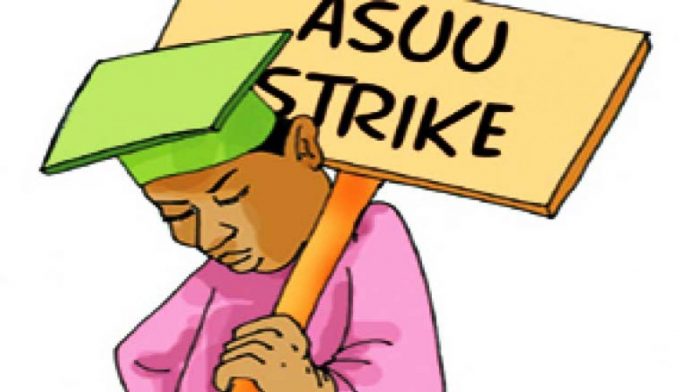The Nigeria Labour Congress (NLC) has said its organs will meet to determine the next step, as the one-month ultimatum issued to the Federal Government to resolve crises in public tertiary institutions expires today (Saturday).
News360 Info reports that the acting Secretary-General of the NLC, Benson Upah, disclosed this on Friday in Abuja, noting that the Congress remained committed to industrial peace but would announce its decision after consultations.
“In keeping with our pledge and in pursuance of our unflagging commitment to the noble causes of the unions in tertiary institutions, appropriate organs of the Congress will meet and decide on the next line of action. You’d be duly informed,” Upah said.
Last month, the NLC, after a meeting with unions across universities, polytechnics and colleges of education, gave the Federal Government a four-week deadline to resolve what it described as “lingering crises” in the sector.
NLC President, Joe Ajaero, said at the time, “The era of signing agreements, negotiations and threatening the unions involved has come to an end. We have decided to give the Federal Government four weeks to conclude all negotiations in this sector.”
Although the government has opened talks with ASUU, the NLC insists the issues extend beyond universities alone.
Meanwhile, the National Association of Nigerian Students has called on the Federal Government to prevent a shutdown of academic activities, urging immediate action to avert another strike.
Speaking to Saturday Punch, NANS Assistant Secretary-General, Adejuwon Olatunji-Emmanuel, appealed to the authorities to take “urgent, decisive and lasting action” to resolve the crisis.
He noted that the stability enjoyed since President Bola Tinubu assumed office must not be allowed to collapse.
“Since the beginning of President Bola Tinubu’s administration, Nigerian students have enjoyed an uninterrupted academic calendar, a level of stability not experienced since 1999. This progress must be safeguarded,” he said.
He added that millions of students depend on a stable education system for their future, urging stakeholders to prioritise constructive dialogue.
ASUU had suspended its two-week warning strike on October 22 and gave the government one month to address its key demands. That window expired on Friday.
The union’s demands include:
- Review of the 2009 ASUU–FG agreement
- Payment of outstanding salaries and earned academic allowances
- Release of the university revitalisation fund
ASUU had warned it would resume industrial action “without prior notice” if the government failed to act.
However, the Minister of Education, Tunji Alausa, recently insisted that the government had met the union’s demands.
Speaking at the Villa two weeks ago, he said President Tinubu had directed that public universities must not go on strike, adding that negotiations were progressing.
He assured that the government was doing “all that is humanly possible” to keep campuses open.






